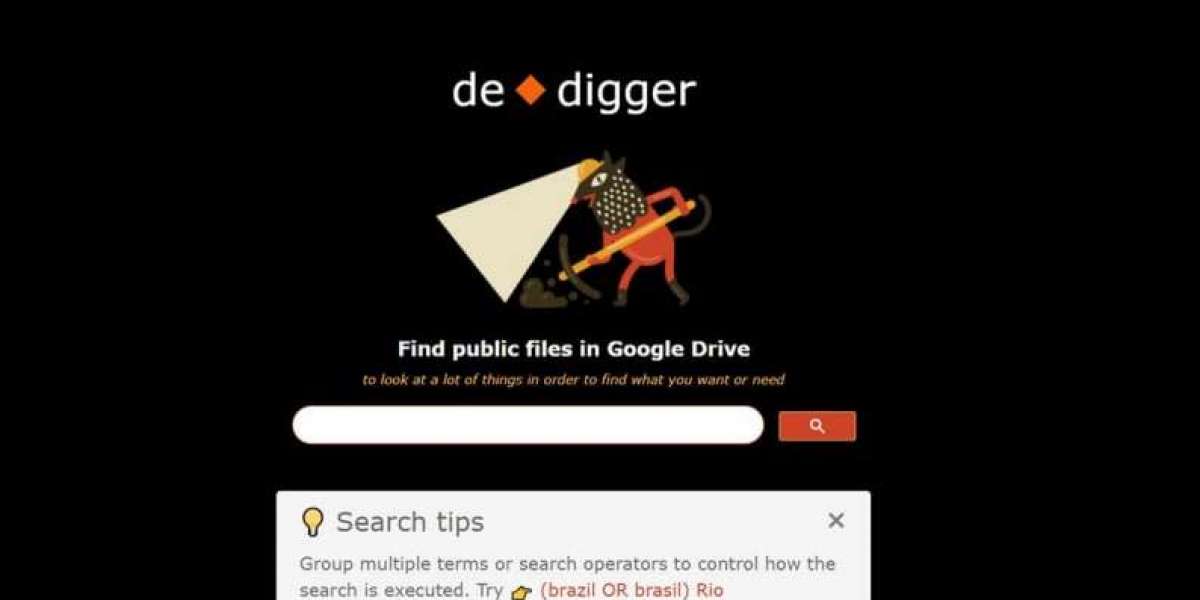Master the Basics
Before diving into frameworks, ensure you’re solid with HTML, CSS, and JavaScript. These are your foundation, and understanding them well will make learning other tools easier!Stay Current with Frameworks
Frameworks like React, Vue, and Angular are widely used, but they evolve quickly. Regularly updating yourself with the latest version and features is key. Try experimenting with new libraries in personal projects to see how they enhance your workflow.Focus on Responsive Design
Users access websites on different devices, so make sure your layout adapts! Learn about responsive design principles and tools like CSS Flexbox and Grid to create layouts that work seamlessly across screens.Utilize API Integrations
APIs allow you to add powerful functionalities to your apps, from pulling in data to adding third-party features. Start by learning how to fetch data using JavaScript’sfetchAPI or frameworks like Axios in React!Optimize for Performance
Speed matters! Tools like lazy loading, code splitting, and minification can help reduce load times and improve user experience. Familiarize yourself with tools like Lighthouse or WebPageTest to monitor and enhance your site’s performance.Version Control is Essential
Git is your friend! Learn the basics of Git to track your progress, collaborate with other developers, and easily revert changes. Version control is a must-have skill in any development role.Stay Curious and Keep Learning!
The tech world changes fast, so make it a habit to learn. Follow blogs, join developer forums, and participate in coding challenges to keep your skills fresh and ready for anything.
Ready to take your development skills to the next level? Start implementing these tips and see the difference in your projects!






